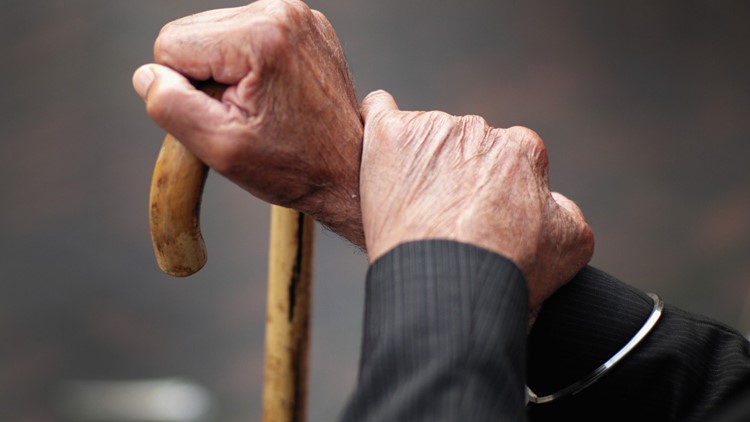A Catholic hospital in Nova Scotia must provide physician-assisted suicide assessments to eligible patients who request them, the province’s public health service has ruled.
St. Martha’s Regional Hospital will now perform assessments for patients seeking medical assistance in dying at its hospital, said Tim Guest, vice president of the Nova Scotia Health Authority (NSHA). The hospital was previously exempt because of its faith-based identity.
But the Sisters of St. Martha, the order of Catholic nuns who used to operate the hospital, said in a statement that assisted suicides will not take place at the hospital itself.
Medically assisted deaths can occur in the Antigonish Health and Wellness Centre, a building connected to the hospital, Guest said. For approved patients who request euthanasia, he said the health authority has “put a mechanism in place to provide that service,” though he didn’t offer details.
Guest said the ruling honors an agreement between the NSHA and the Sisters after the government agency took control of the hospital in 1996. Both groups agreed to respect the hospital’s religious values while obeying laws that require physician-assisted suicide to be available for eligible patients.
Many Catholics oppose the procedure
The Catholic Church opposes assisted suicide as a violation of divine law. Pope Francis condemned the procedure and asked doctors to “reject the temptation” to provide it in an address last week.
A Canadian bill that legalized physician-assisted suicide in 2016 still allows individual providers to decline the service based on their beliefs. It’s up to the provinces to decide where the services are provided.
“The teaching of the Catholic Church and the stance of the Catholic Bishops of Canada are clear. Suicide is not part of health care,” the Canadian Conference of Catholic Bishops said in a 2016 statement, months before Canada’s assisted-suicide law went into effect.
How physician-assisted suicide works in Canada
Canada’s law allows eligible patients to request drugs that cause their death. Candidates must be eligible to receive public healthcare in Canada, at least 18 years old, capable of making decisions, diagnosed with a “grievous and irremediable medical condition” and able to give informed consent up until they receive the drugs.
Determining eligibility is an involved process. Two health professionals must independently approve a patient for the procedure after meeting with them and discussing the decision at length. If a patient is approved, they must submit a written consent form and wait at least 10 days after it’s signed to have the procedure.
Patients are required to give consent up until they receive the lethal drugs. Once they’ve given the final go-ahead, doctors use an IV to inject several drugs into a vein in the patient’s arm, the NSHA said.
Fewer than 40 people had the procedure in 2018
Between January 1 and June 30 of 2018 — the most recent period for which data is available — 94 people in Nova Scotia were referred for medical assistance in dying and 38 procedures were completed.
The 56 people who didn’t complete the procedure either withdrew their request, died before they could receive it or lost the capacity to make the decision. Others hadn’t received it yet before the deadline, the NSHA reported.
Patients who completed the procedure were 70 years old on average and most were male, the agency said. Most of the patients referred for the procedure had been diagnosed with cancer.



